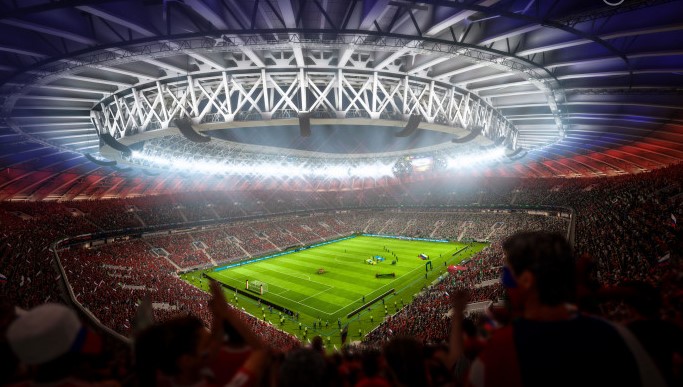Uefa Champions League all-time History
Let's take a more concise look at the history of the UEFA Champions League:
Inception (1955-1956): The competition, originally called the European Cup, began with Real Madrid winning the inaugural title.
Format Changes (1992-1993): The tournament expanded and was rebranded as the UEFA Champions League, introducing a group stage before knockout rounds.
English Dominance (1977-1984): English clubs, particularly Liverpool and Nottingham Forest, enjoyed success during this period.
Galácticos Era (1998-2003): Real Madrid, featuring star players like Zinedine Zidane and Ronaldo, won three consecutive titles.
Barcelona's Triumphs (2006, 2009, 2011): FC Barcelona, led by Lionel Messi, claimed multiple titles under coach Pep Guardiola.
Recent Real Madrid Dominance (2014 Onwards): Real Madrid won four titles in five seasons (2013-2018), establishing a modern-era dynasty.
AC Milan's Dominance (1989-1994): AC Milan won consecutive titles in 1989 and 1990, boasting a formidable team.
Manchester United's Dramatic Win (1999): Manchester United secured a historic treble, including a dramatic UEFA Champions League final comeback.
Porto's Surprise Triumph (2004): Under Jose Mourinho, FC Porto won the 2003-2004 UEFA Champions League against the odds.
Inter Milan's Treble (2010): Inter Milan, led by Jose Mourinho, achieved a historic treble in the 2009-2010 season.
Bayern Munich's Recent Success (2013-2020): Bayern Munich became a dominant force in European football, winning the title in 2013 and 2020.
Rise of Spanish Clubs (2014-2018): Real Madrid and Barcelona enjoyed a period of Spanish dominance in the Champions League.
VAR Introduction (2018-2019): The Video Assistant Referee (VAR) system was introduced in the knockout stages to aid match officials.
Istanbul Miracle (2005): The 2004-2005 final between Liverpool and AC Milan in Istanbul is celebrated for Liverpool's comeback.
Paris Saint-Germain's Ascent: PSG has become a prominent force, reaching the final in 2019-2020 and consistently challenging for the title.
Constant Evolution: The UEFA Champions League continues to evolve with changes in formats, rules, and the integration of new technologies.
Top Scorers (All-time UEFA Champions League):
Cristiano Ronaldo: Cristiano Ronaldo, known for his prolific goal-scoring ability, has consistently been among the top scorers in the UEFA Champions League. He has set numerous records and is considered one of the greatest goal-scorers in the history of the competition.
Lionel Messi: Lionel Messi, another football legend, has consistently been one of the top scorers in the Champions League. Messi, like Ronaldo, has set records for his goal-scoring prowess and has been a key figure for FC Barcelona.
Top Assist Providers (All-time UEFA Champions League):
Lionel Messi: Messi is not only a prolific goal-scorer but also an excellent playmaker. His vision, passing, and creativity have contributed to numerous assists in the Champions League.
Cristiano Ronaldo: While Ronaldo is primarily known for his goal-scoring, he has also provided a significant number of assists, showcasing his well-rounded skills.









.jpeg)



.jfif)






.jfif)
